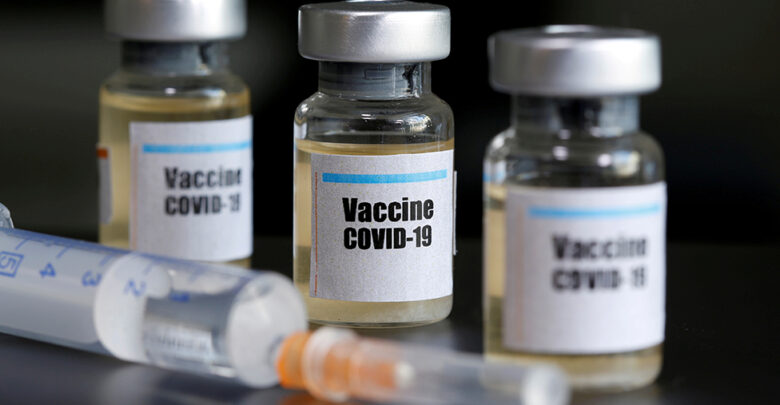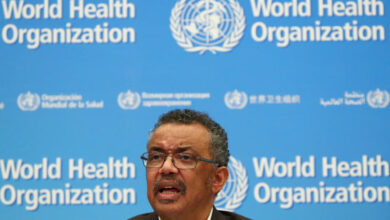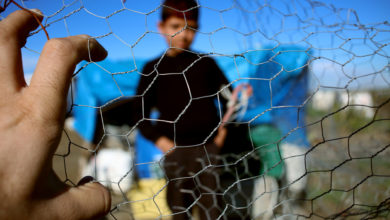
The World Health Organization (WHO) on Friday selected the first six countries that will receive the mRNA vaccine production technology in Africa, in the latest effort to boost production on the continent, reported Reuters.
During a ceremony hosted by the European Council, France, South Africa, and the WHO, Dr. Tedros Adhanom Ghebreyesus said Egypt, Kenya, Nigeria, Senegal, South Africa, and Tunisia will get the revolutionary mRNA technology that is used in the Pfizer/BioNTech and Moderna jabs developed in Europe.
“No other event like the COVID-19 pandemic has shown that reliance on a few companies to supply global public goods is limiting, and dangerous,” the WHO chief said.
He said the best way to address health emergencies and reach universal health coverage in the mid-to-long term is to significantly increase the capacity of all regions to manufacture the health products they need.
Dr. Tedros said the WHO would work with the six countries chosen to develop a roadmap of training and support so they can start producing vaccines as soon as possible. The training is expected to begin in March.
The South African hub is already producing mRNA vaccines at a laboratory scale and is currently scaling up towards a commercial scale.
South African President Cyril Ramaphosa said the transfer of technology will help African countries to make their own vaccines.
“It means mutual respect, mutual recognition of what we can all bring to the party, investment in our economies, infrastructure investment, and, in many ways, giving back to the continent,” Ramaphosa said.
A ceremony marking the mRNA technology transfer will be held later in Brussels at a summit between the European Union and the African Union.
Africa, which is home to some 1.3 billion people, has been struggling hard to get enough vaccines while wealthier nations received most of the world’s supplies. Currently, only 17 percent of the African population has received at least one dose.






